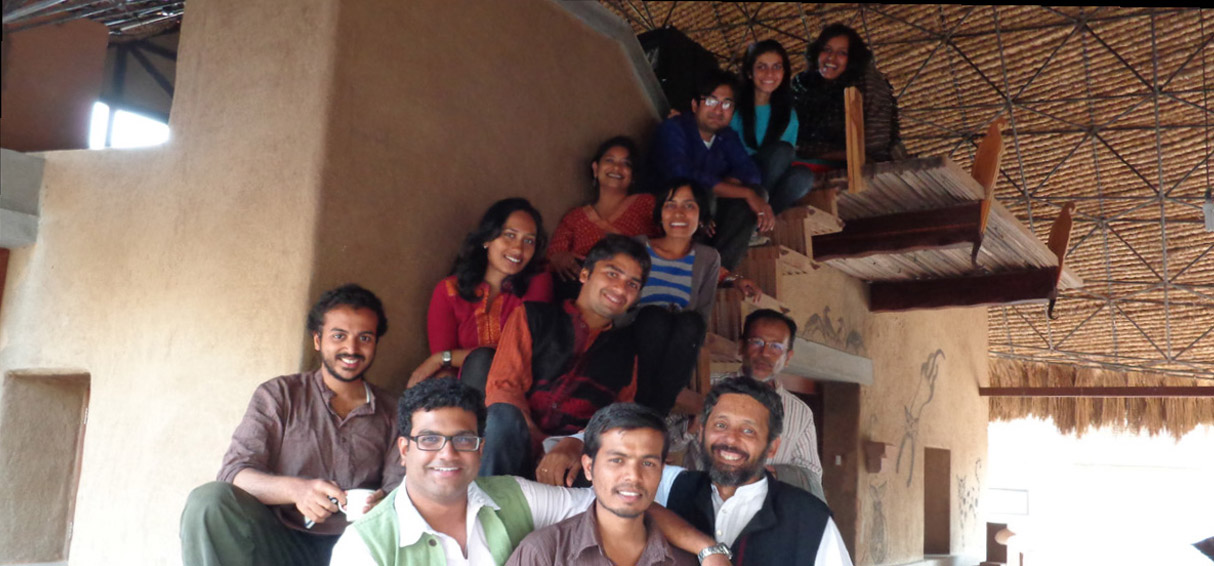
Winter Institute
The Winter Institute is a two-week, field-based course that provides students an intense experience in understanding urban transformations while working in inter-disciplinary teams. The pedagogical approach emphasises learning from practice by using participatory research approaches.
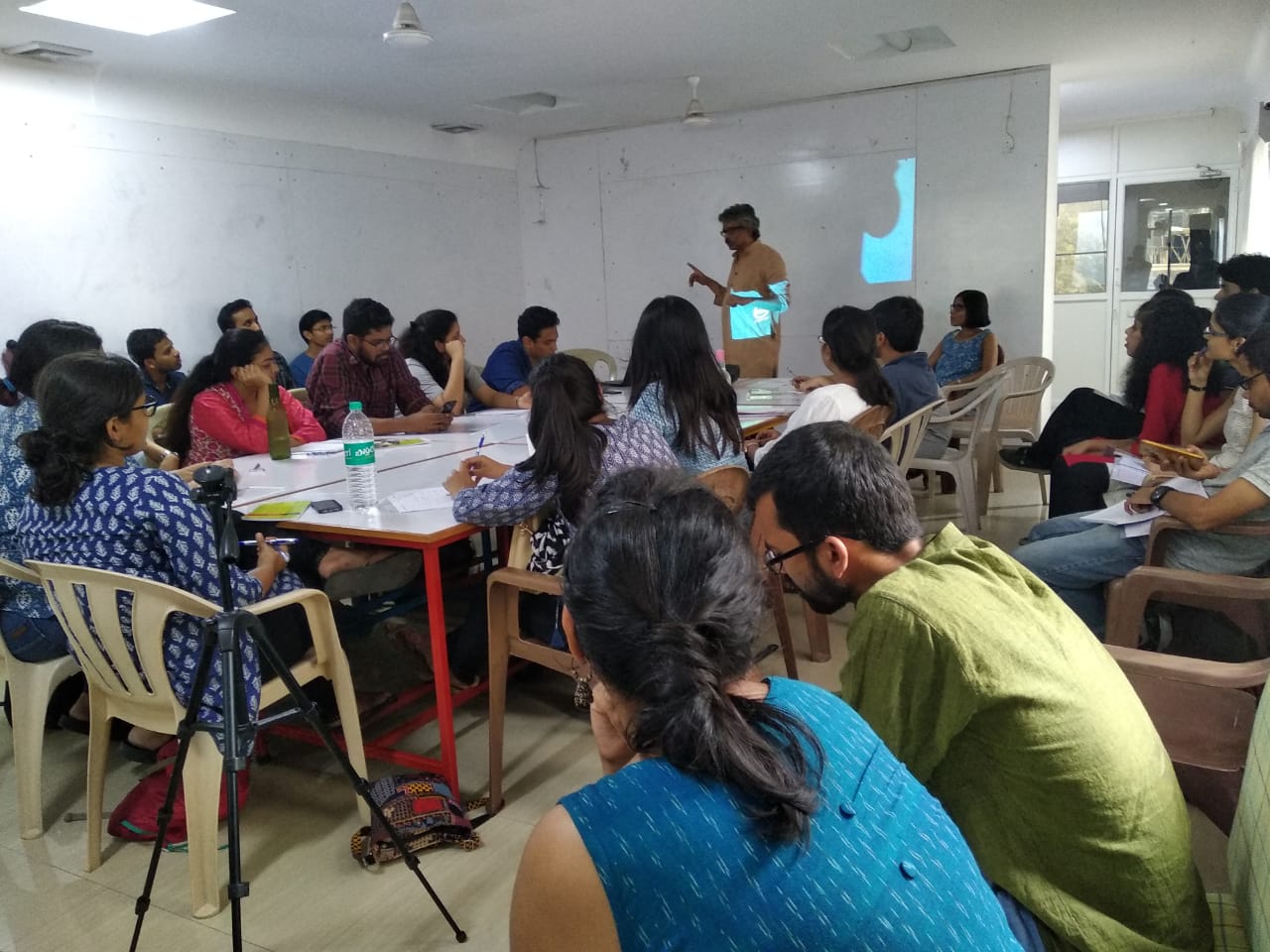
Winter Institute 2018-19: Students explore how youth navigate work and workplaces in Hyderabad city
A Business Standard report based on NSSO data recently claimed that unemployment in India had reached a record high in 45 years in 2017-2018. Moreover rates of unemployment was higher in urban areas than in rural areas. Not only was one seeing a low creation of jobs but there was also signs of worsening quality of jobs. On the other hand, the Government of India had launched the National Skill Development Mission, the National Urban Livelihoods Mission and the Make in India program in order to create jobs, job security and prepare the youth of the country to take up jobs in a new economy. Urban unemployment has thus become one of the primary political agendas in the country given that India has a strong demographic dividend.
Given the relevance of the topic and the intricate ways in which cities are built around local economies and in turn spatial organisations of work structures mobilities and aspirations,this year’s Winter Institute program decided to examine the interlinkages between the youth, the work they do and aspire to and the city.
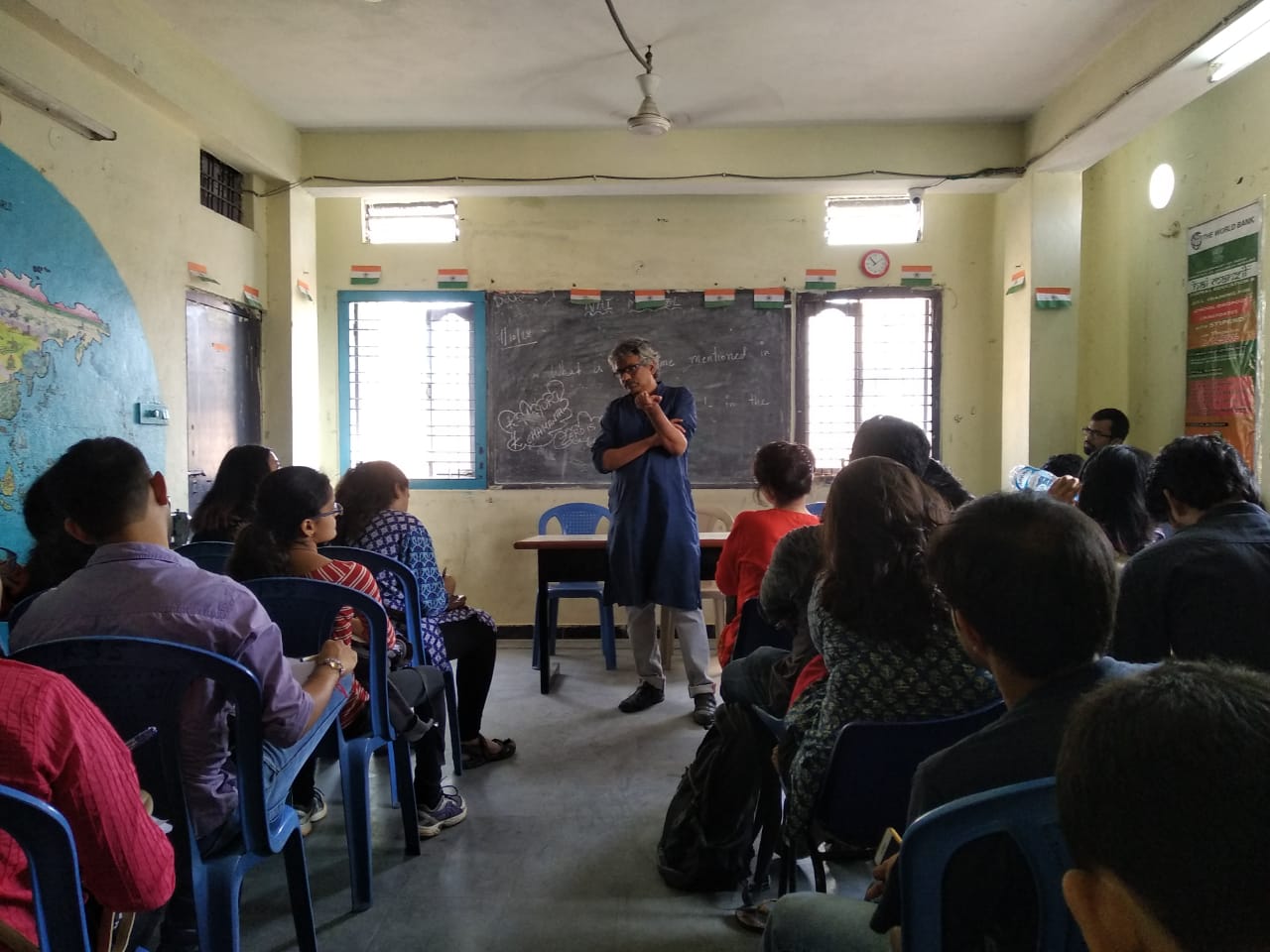
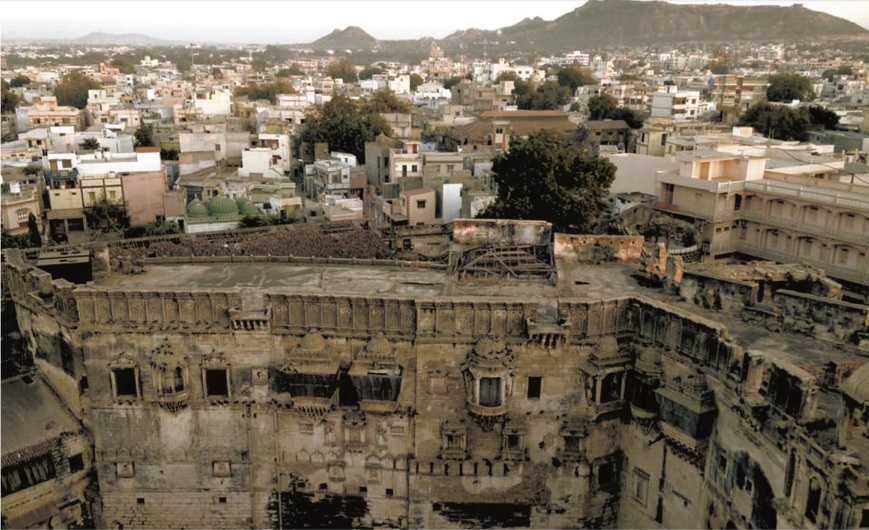
Winter Institute -- November 2015
Mapping Livelihoods in Informal Vending, Bhuj, Gujarat
The November 2015 Winter Institute focused on informal livelihoods in the city of Bhuj, specifically those that operate on the street and other informal vending or hawking. The report documents and understands the livelihoods dimension of informal vending in Bhuj in a multidimensional and comprehensive manner through participatory research in order to outline possible conflicts and identify the implications it could have on the an urban vending policy. The project contributed to the research and analysis of a live project undertaken by Hunnarshala Foundation, in collaboration with Bhuj Municipal Council, to intergrate informal vending into the formal governance system of the city.
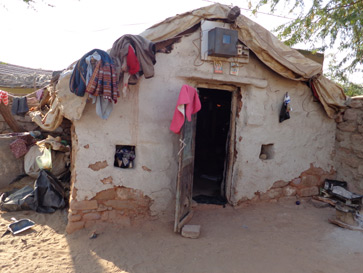
Winter Institute 2014
Migrant Life, Livelihood and Shelter in Bhuj
The two-week programme focused on learning and understanding the various aspects of migration into Bhuj and the impact of Rajiv Awas Yojana (RAY) on the migrant communities. RAY is a new housing program of the central government that seeks to provide appropriate housing for slum dwellers, but also to make cities ‘slum-free’. Learning from earlier policy experiences, it envisaged a more participatory process. The research started with RAY as the specific policy in mind, however explorations over the two weeks were not restrained to understanding the migrant communities’ ways of dwelling and creating shelters. The research tried to explore how and why these migrants choose to be in the city or a habitat. This, in some inherent way, enlarged the scope of (at least) the student's understanding of the dynamism of their situation.
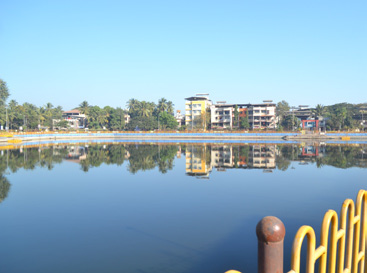
Winter Institute 2015
Governance Perspectives on Lakes in the Urbanising Vasai Virar Municipal Corporation Region
This year’s Winter Institute was conducted between January 10 and January 22, 2015. Spanning two weeks, budding urban policy makers, practitioners and researchers from the first year of the Master’s Programme, engaged with communities living in the Vasai-Virar sub-region, located 53 kilometres away from the main Mumbai city. Over the past four decades, this region, has witnessed tremendous changes. The students documented the changing land use and landscapes in this rapidly urbanising region through a study of lake beautification implemented in three lakes- Chakreshwar Talao and Akkarbath Talao in Nalasopara (West) and Papdy Talao in Vasai (West). The study was undertaken within the larger context of peri-urbanisation, and the students drew from a historical understanding of the changing needs that the lakes catered to.
At the conclusion of the workshop, the students made a public presentation based on their findings and discussed it with local experts including the Chief Town Planner of Vasai Virar Municipal Corporation YS Reddy, activist Manuel Tuscano and urbanist and architect Prasad Shetty.
